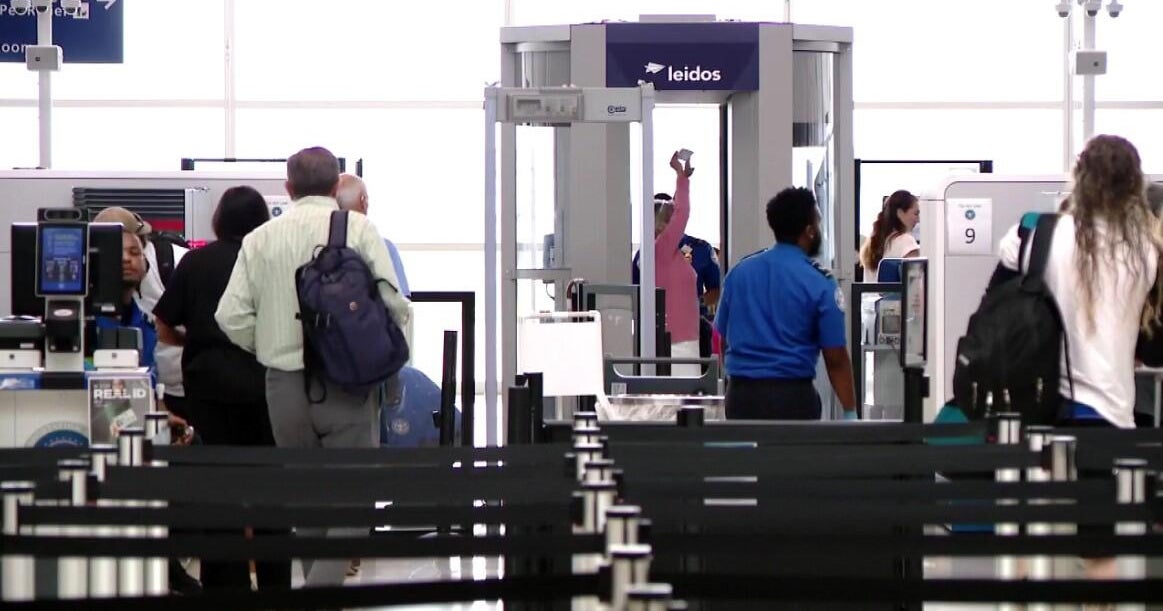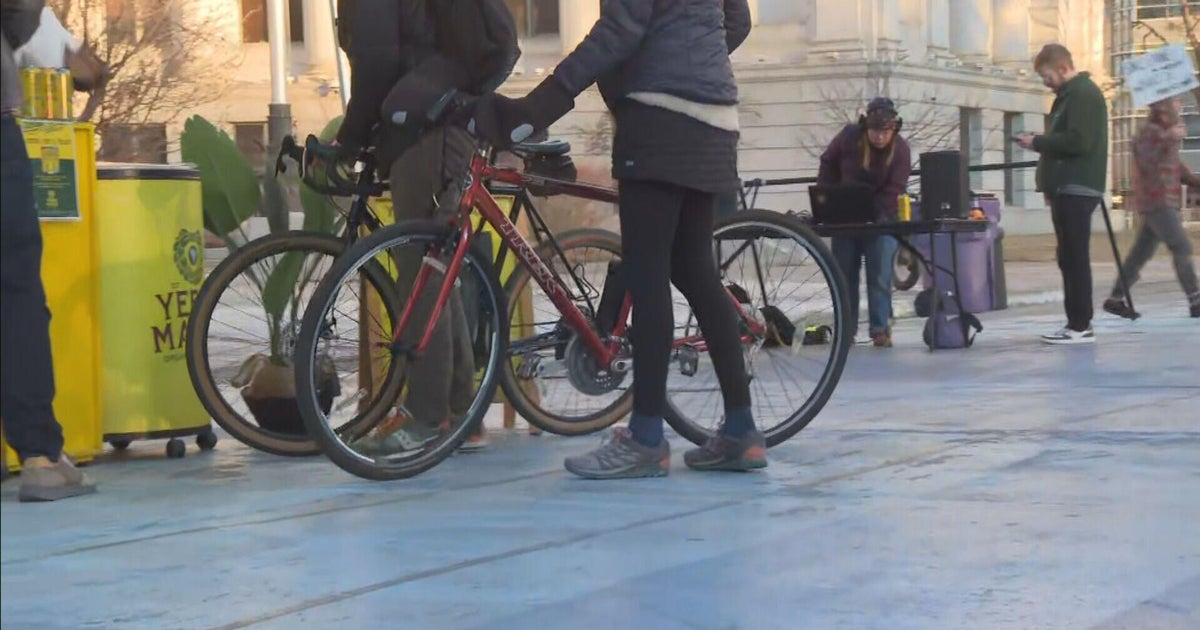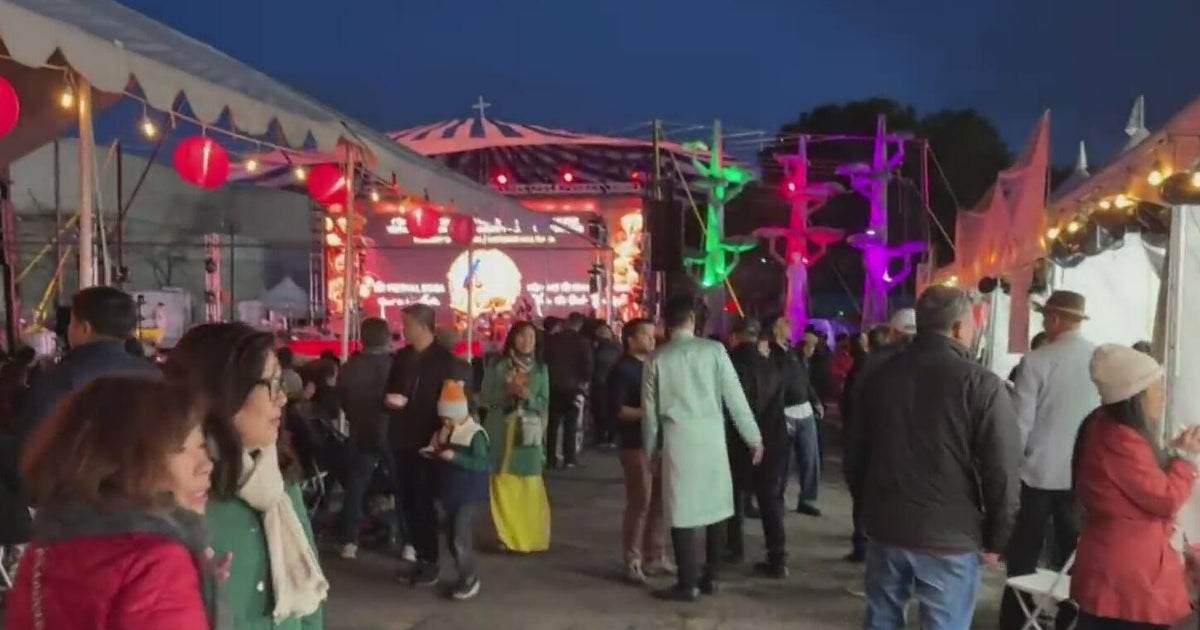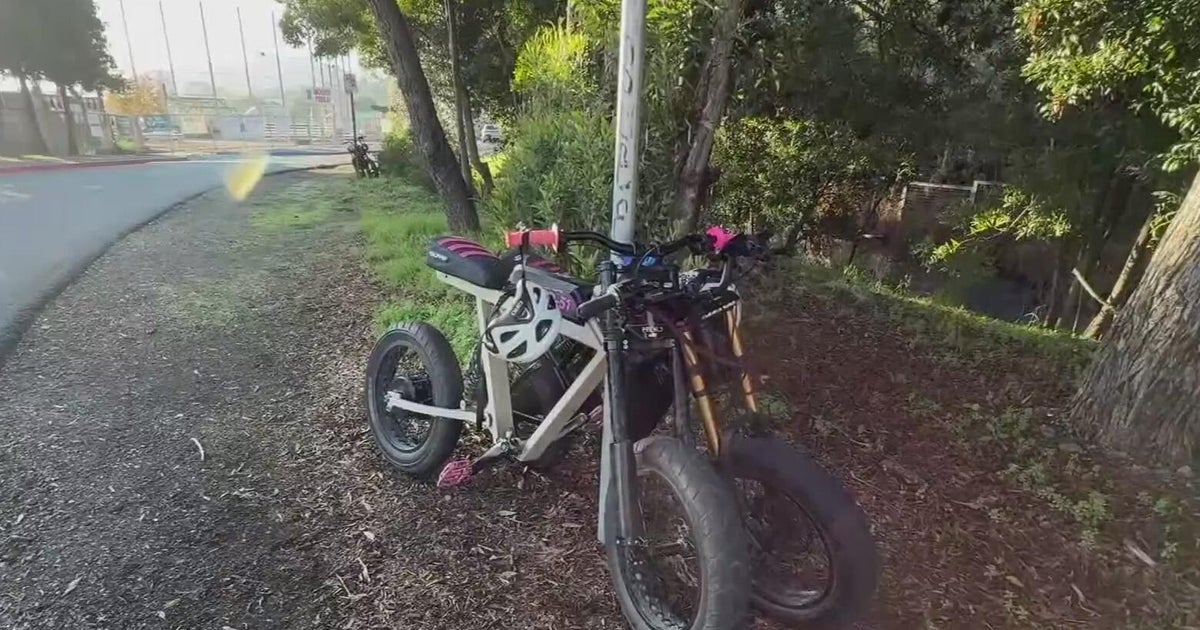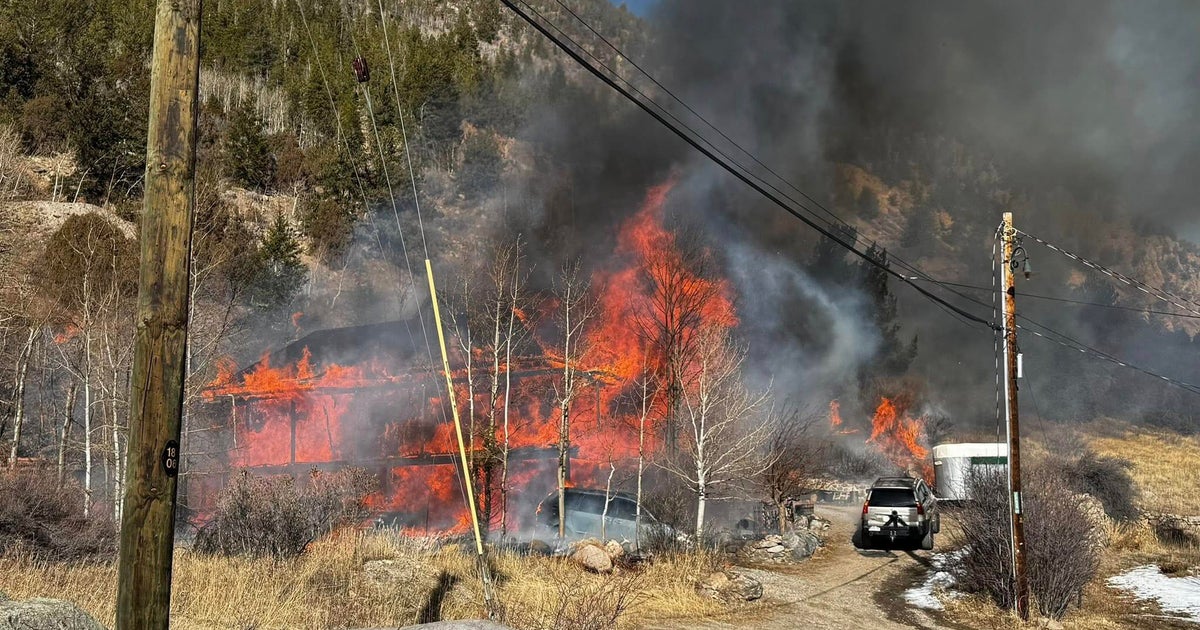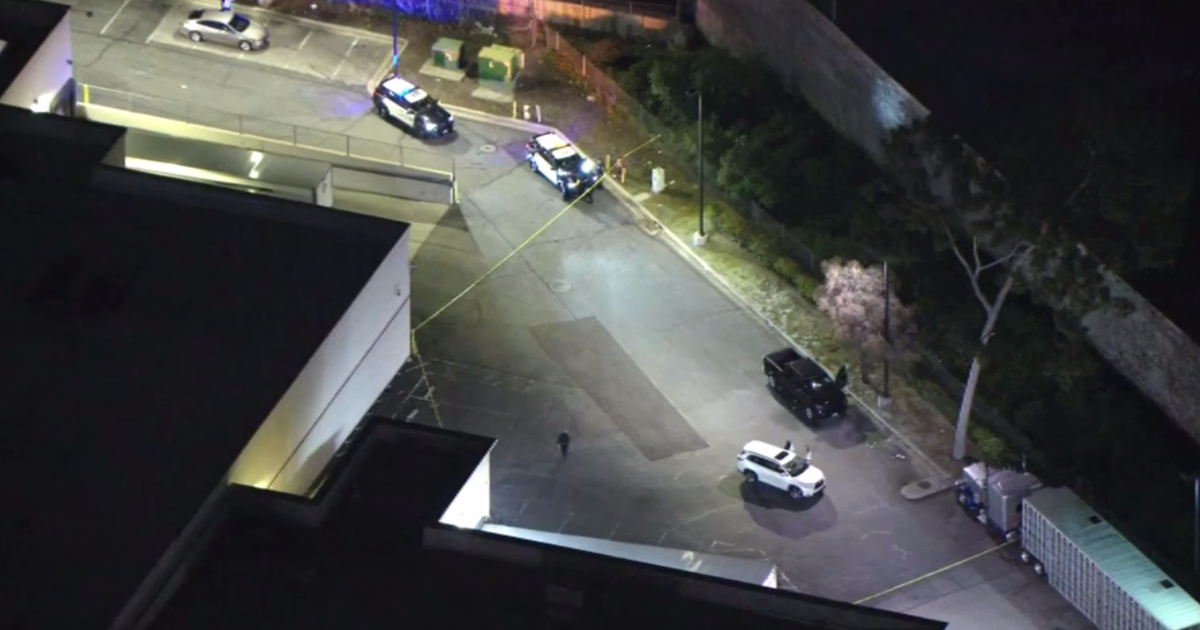Shutdown Leaves Thousands In D.C. Area In Limbo
WASHINGTON (AP) — The usually bustling District of Columbia will be uniquely affected Wednesday by the first government shutdown in 17 years, with thousands of federal employees who make up the backbone of the metro area's workforce ordered not to report to work.
Furloughed workers facing the prospect of an uncertain time without work — and without paychecks — were offered everything from free burgers, sandwiches and cups of coffee to admission to private museums, pilates lessons and activities at community centers.
At Pork Barrel BBQ in Alexandria, Va., just outside the District of Columbia, the disdain for the stalemate in Congress that led to the shutdown was clear. The restaurant gave away 275 pulled pork sandwiches to workers with a government ID on Tuesday, though it took pains to note in its Twitter announcement that the offer "EXCLUDES CONGRESSMEN."
Many workers were on edge, unsure of how long it may be before they could head back to work.
"Even if it's just shut down for a week that's a quarter of your pay this month. That means a lot to a lot of people," said Marc Cevasco, 30, who works in Congressional affairs for the Department of Veterans Affairs.
The Washington region is expected to lose $220 million per day in federal payroll while the government is closed, said Stephen Fuller, director of George Mason University's Center for Regional Analysis. So federal workers won't be spending money at small businesses and restaurants while they're not being paid, he said.
"They won't be buying anything," Fuller said. "They're just going to hunker down."
The effect on tourism already was being felt. Barricades were erected around some of the nation's most cherished monuments, from the Lincoln Memorial to the World War II Memorial. More than 100 veterans passed the barriers at the World War II with help from several federal lawmakers. But most visitors could only admire landmarks from afar and found themselves staring at locked doors and "CLOSED" signs at the Smithsonian Institution's popular museums.
On Wednesday morning, traffic was still heavy on 16th Street heading to downtown Washington, and buses in the area were full. Some Metro rail lines were far less crowded, however. At the Gallery Place-Chinatown Metro station downtown, normally packed train cars had empty aisles and seats.
Elizabeth Eide, a geologist, said cars were about half their usual weekday capacity. She worried whether Metro would have to change its schedules for a time if ridership dropped dramatically during the shutdown.
"If you have several hundred thousand people not using Metro, I have a feeling Metro will have to change its operations," she said.
The city government is beholden to Congress, which has yet to sign off on a spending plan for the District. But the D.C. City Council approved an emergency measure Tuesday to keep tens of thousands of municipal workers on the job, including everyone from trash collectors to librarians. City officials expect an emergency fund to cover about two weeks of operations if Congress can't reach agreement on the budget.
Nationwide, about 800,000 federal employees were sent home — a number greater than the combined U.S. workforces of Target, General Motors, Exxon and Google. The effects played out in a variety of ways, from scaled-back operations at federal prosecutors' offices and the FBI to closures at national parks.
Campers and hikers at the Grand Canyon, Yosemite, Yellowstone and other national parks were given two days to pack up and leave, and new visitors were being turned away. St. Louis' landmark 630-foot-high Gateway Arch was off-limits as well.
In Philadelphia, Paul Skilling of Northern Ireland wanted to see the Liberty Bell up close but had to settle for looking at the symbol of democracy through glass. And he wasn't optimistic about the chances of visiting any landmarks in Washington, the next stop on a weeks-long visit.
"Politics is fantastic, isn't it?" he said ruefully.
In New York, tourists who had hoped to see the Statue of Liberty were instead offered an hour harbor cruise.
"There has to be better ways to run the government than to get to a standstill like this," said Cheryl Strahl, a disappointed visitor from Atascadero, Calif. "Why take it out on the national parks?"
The government closings did not stop the launch Tuesday of the enrollment period for the online insurance marketplaces established under President Barack Obama's health care overhaul — the program at the very heart of the dispute that produced the shutdown.
The two federal employees in orbit around the Earth — NASA astronauts Karen Nyberg and Michael Hopkins — carried on as usual aboard the International Space Station, with essential employees at Mission Control in Houston supporting the lab and its six inhabitants.
There were no TV or web updates, however, as most of NASA's workforce was furloughed.
The IRS suspended audits for the duration of the shutdown, and call centers were left unmanned. In St. Paul, Minn., the voicemail warned callers they "should file and pay their taxes as normal."
The 12 million people who got six-month extensions must still file their returns by Oct. 15. But the agency will not issue tax refunds until the government resumes normal operations.
In northern Michigan, David Zorn and Jennifer Li were looking forward to a few days of camping at Sleeping Bear Dunes National Lakeshore. Instead, their visit was cut short Tuesday as the park closed because of the partial government shutdown.
"It's a bummer," Zorn said as he and Li ate a hurried breakfast of scrambled eggs and baked beans, heated over the dying embers of their campfire. "It's something we were not closely following, but we didn't think it would actually affect us. It's one of those things that doesn't hit home until you're booted out."
(© Copyright 2013 The Associated Press. All Rights Reserved. This material may not be published, broadcast, rewritten or redistributed.)
